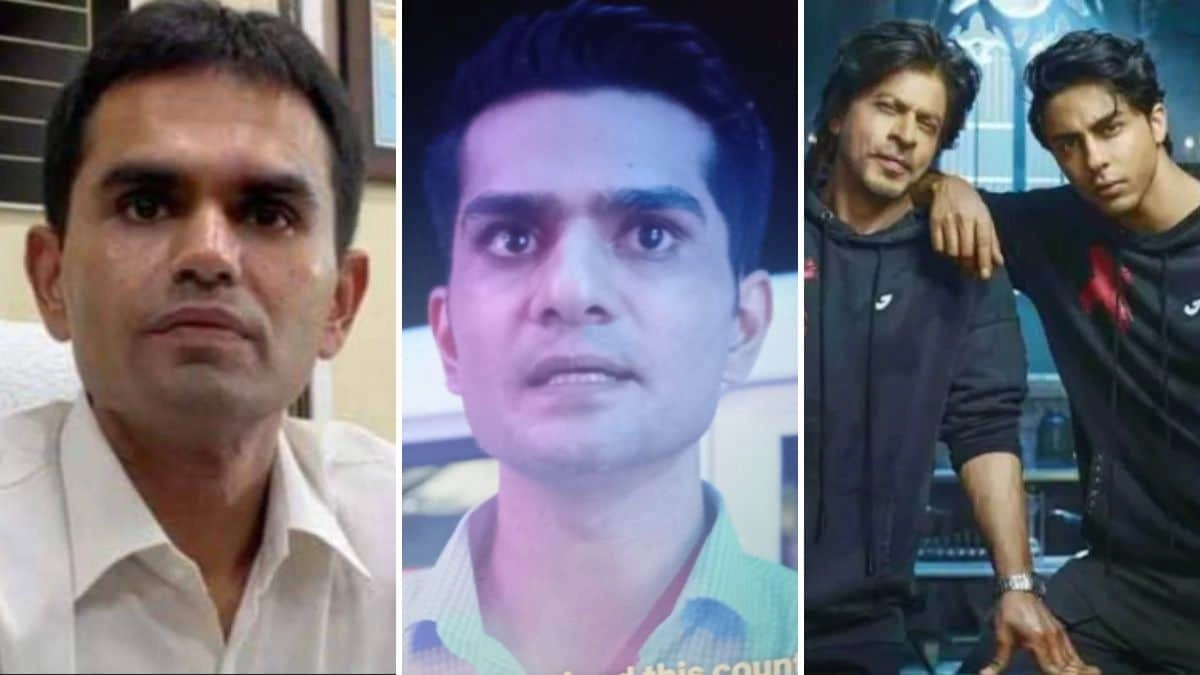In the ongoing defamation case involving Sameer Wankhede, the Delhi High Court has made notable observations regarding the remarks made about the Bollywood industry. Wankhede, a former Narcotics Control Bureau (NCB) officer, has faced significant scrutiny and controversy over his actions during the high-profile drug busts that implicated several prominent figures in Bollywood. The phrase “Ba***ds of Bollywood,” which has been attributed to Wankhede in the context of his official duties, has sparked a legal battle that underscores the tension between law enforcement and the entertainment industry.
During the proceedings, the High Court examined the implications of such derogatory remarks and their potential impact on both the individuals involved and the larger public perception of the film industry. The court emphasized the importance of responsible discourse, particularly by individuals in positions of authority, like Wankhede. It highlighted how language can shape narratives and influence public opinion, especially in a country where the film industry holds substantial cultural significance. The court’s remarks serve as a reminder that while law enforcement is crucial in combating illegal activities, there must be a balance to ensure that the dignity of individuals is preserved, even amid allegations and investigations.
The case has drawn widespread media attention, reflecting the intersection of law, media, and public sentiment. As the court navigates the complexities of the defamation claims, it also addresses broader issues of accountability and the portrayal of public figures in the media. Wankhede’s defense hinges upon the argument that his comments were made in the context of his professional responsibilities, which raises questions about the line between personal expression and official duty. The court’s deliberations will not only determine the outcome of this specific case but may also set precedents for future interactions between law enforcement and the entertainment sector, shaping how both entities engage with one another publicly.
As the legal battle unfolds, it serves as an important case study on the power of language and reputation in the age of social media and instant news. The court’s rulings could potentially influence how public figures communicate about their experiences and perceptions. Overall, the Delhi High Court’s handling of Wankhede’s defamation case will be closely monitored for its implications on free speech, accountability, and the relationship between authority and the arts in contemporary India.




